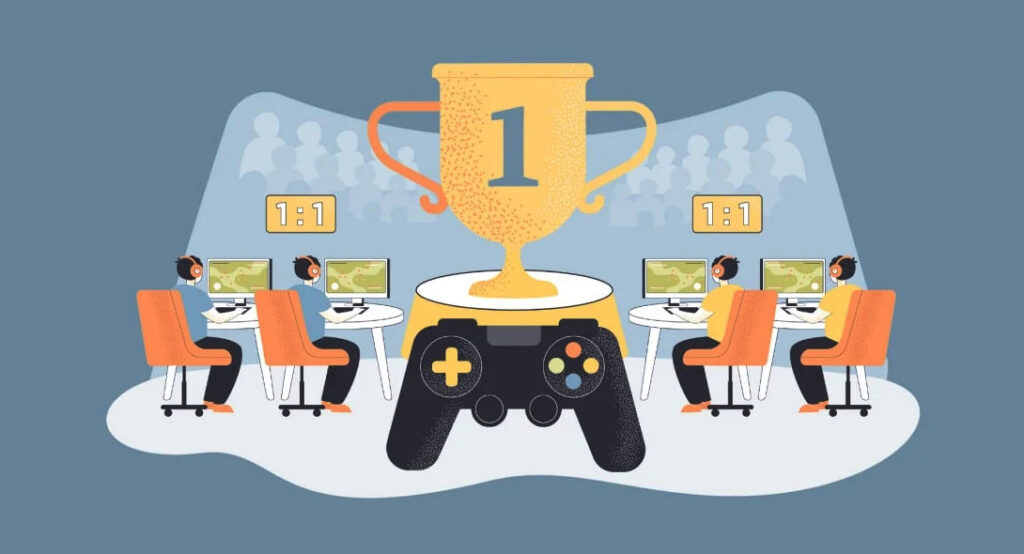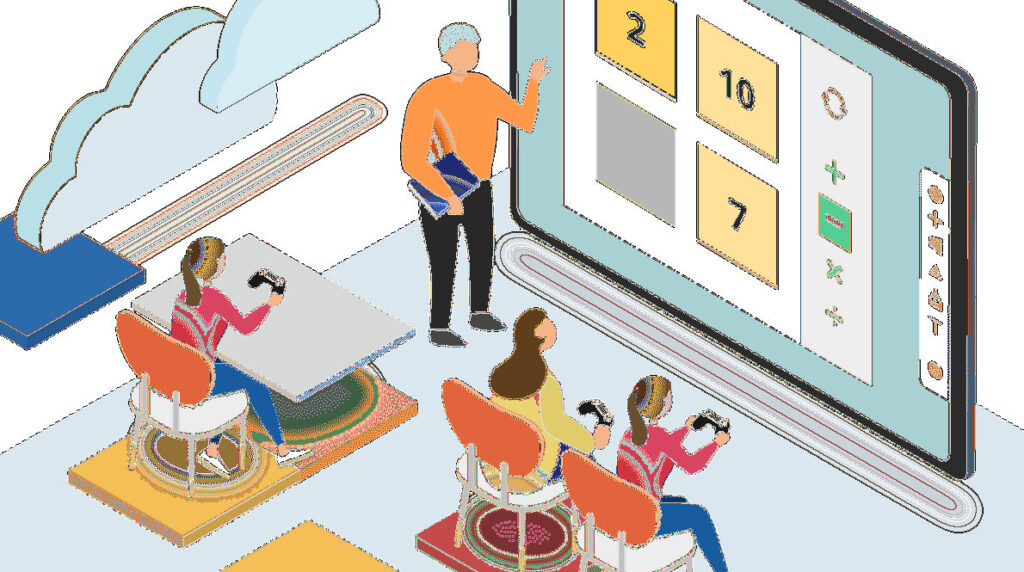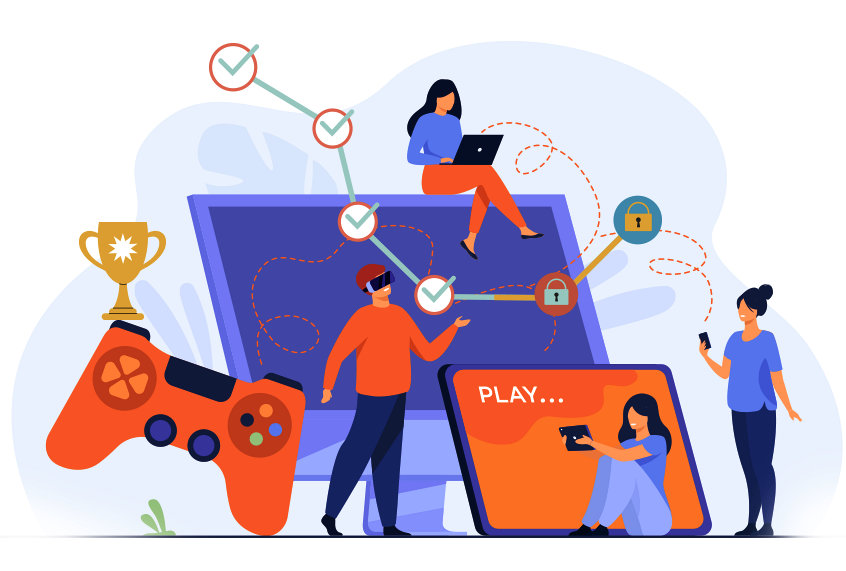
Why Game-Inspired Systems Improve Everyday Processes
Introduction to Game-Inspired Systems Game-inspired systems, often referred to as gamification, involve integrating game-like elements into non-gaming contexts to enhance user engagement and motivation. This approach borrows techniques from the realm of gaming, such as competition, rewards, and challenges, to create more interactive and stimulating experiences. In recent years, there has been a notable surge […]
Why Game-Inspired Systems Improve Everyday Processes Read More »







